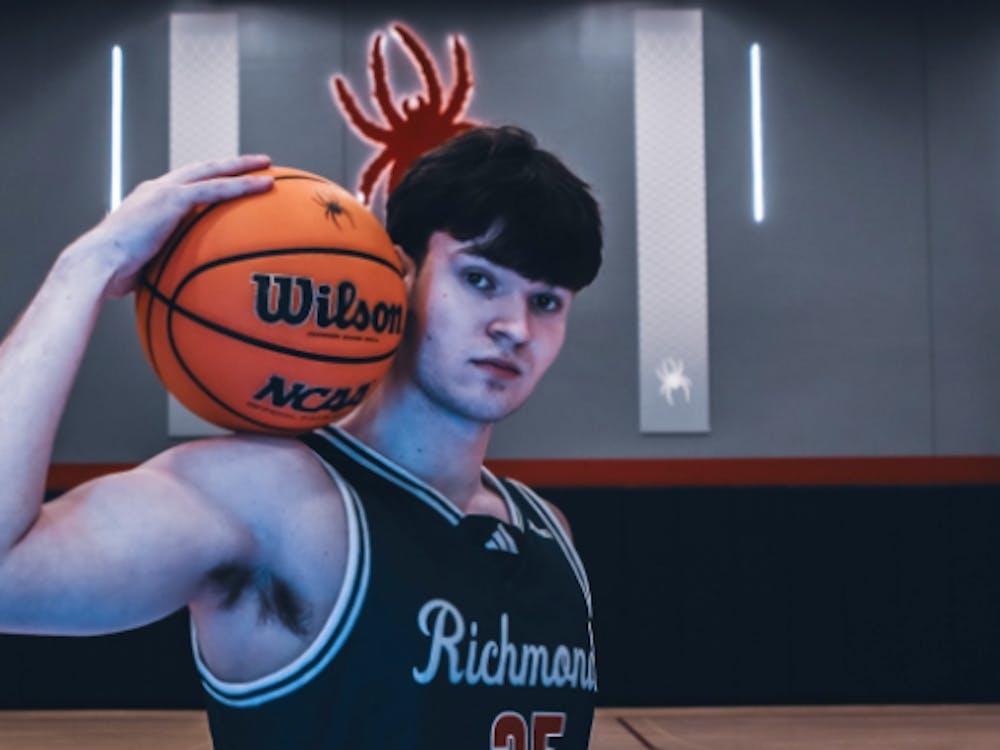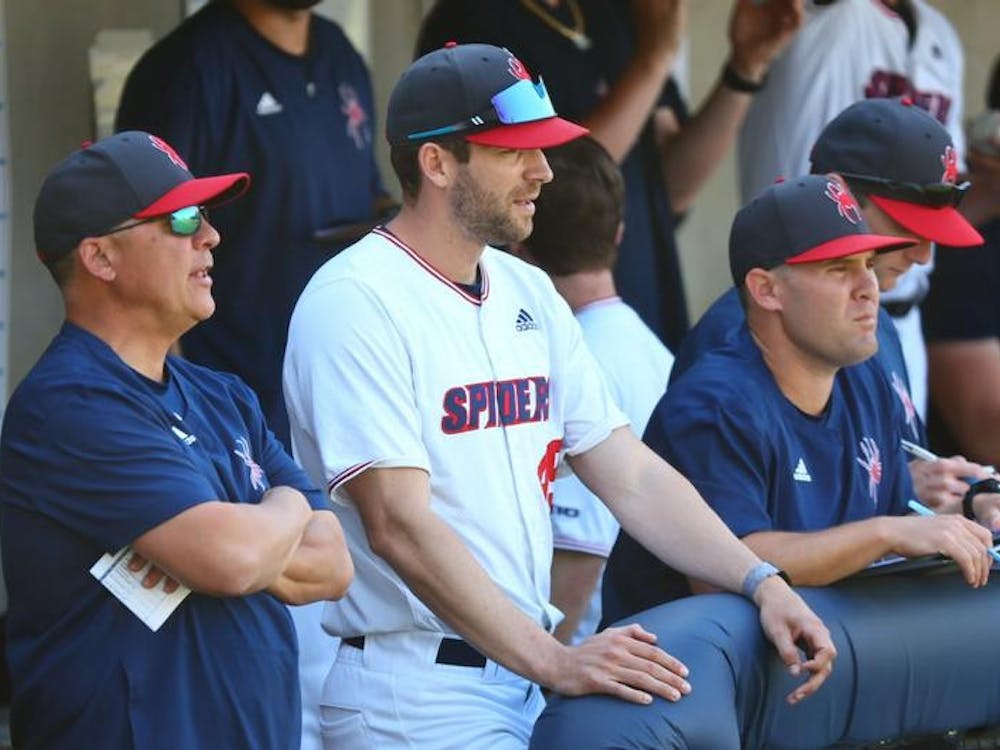Several student groups have already participated in this year's One Love “Escalation” workshop series, which seeks to raise consciousness about relationship violence.
One Love was created in memory of Yeardley Love, a women’s lacrosse player from the University of Virginia who was beaten to death on May 3, 2010, by her ex-boyfriend, George W. Huguely, who was a member of the men’s lacrosse team at UVA and who was sentenced to 23 years in prison. She was No. 1 on the field.
The One Love foundation’s aim is to mobilize a generation of college students to change the social climate that tolerates abuse.
To raise awareness and educate people on relationship violence, the foundation travels to different universities around the country to conduct workshops, its most prominent being the “Escalation” workshop.
Beth Curry, coordinator for sexual misconduct education and advocacy, is one of 12 trained administrators on campus who worked with a One Love representative last winter. Curry said that she had been able to work with students and guide them through the hour-and-a-half workshop.
Women’s and men’s lacrosse as well as baseball and cheerleading at Richmond have participated in the “Escalation” workshop. Love was a sorority sister in the Kappa Alpha Theta sorority chapter at UVA, and the chapter at Richmond has participated as well.
For the first 40 minutes, the participants watch a film of a young college relationship that escalates, Curry said. “It’s a tough video to watch,” she said without giving too much detail and information away. “It’s very depressing.”
Junior lacrosse player Leslie Espenschied said that at the end of the video, the boyfriend broke into the girlfriend’s house while she was home alone and killed her in her kitchen.
Tegan Helms, a sophomore women’s lacrosse player, said that it was a lot to take in and a difficult video to watch. The video was about an innocent relationship that took a turn for the worse, she said.
“This is an issue that people don’t really want to believe that happens,” she said, “but it does and it happens to people that are just like us.”
After the video, the workshop opens into a discussion. Curry said that at this time, there is an opportunity for the participants who are teammates or friends to bond. Helms said that this workshop was vital to sports teams, and to hers in particular, because they were a group of people who stood behind each other and understands the importance of support.
In the discussion, the facilitator focuses the group on the signs shown in the film as well as the importance of stepping into situations that could prevent violence in relationships.
Enjoy what you're reading?
Signup for our newsletter
As a member of Spiders for Spiders, an organization that focuses on active bystander training through sign recognition and intervention techniques, Helms said she feels as if she could actively make a difference on campus because of training in realistic situations.
The “Escalation” workshop is being used as bystander training on campus to teach the recognition of cues, relationship red flags and the importance of not ignoring them to create a safer campus environment, Curry said.
Regarding relationship violence on campus, Curry said: “The vision is to have and create a campus community that is based on respect and equality. But we need to create a culture of respect. And we need to dig down and really start talking about the underlying roots of this issue of sexual violence. My vision is to really get people to talk about the issue more.”
Surface-level conversations and discussions are not enough because she said there needs to be a deeper search of the underlying causes and an effort to make basic changes in the understanding of empathy for each other as equal human beings.
“It’s going to take bystanders to step in and say, “That’s not cool’ or, ‘We don’t do that here,’” Curry said.
“Our society is so structured that girls are supposed to do this, and boys are supposed to do this," she said. “If they don’t do those things then they get chastised and get pushed to the back of the room. That all plays into sexual violence because it’s not always the males who are the perpetrators, but most of the time men are the perpetrators.”
According to Curry, most people will at least know someone in a violent relationship. People who have been affected by relationship violence indirectly or directly are going to take away messages on a different level than those who have yet to be affected, Curry said. “I say yet because everyone will be at some point," Curry said. “The numbers are too high for anyone to not be affected at some level, especially on a college campus.”
There will be some people who will realize that they have a responsibility to do their part to keep people safe but in the same group there could be people who would say it was a waste of time, Curry said. “You can lead a horse to water, but you can’t make them drink,” she said.
Contact reporter Olivia Healy at olivia.healy@richmond.edu
Support independent student media
You can make a tax-deductible donation by clicking the button below, which takes you to our secure PayPal account. The page is set up to receive contributions in whatever amount you designate. We look forward to using the money we raise to further our mission of providing honest and accurate information to students, faculty, staff, alumni and others in the general public.
Donate Now


